As the military invasion of Ukraine continues, companies doing business with Eastern Europe say that they have been in contact with their Ukrainian partners and can only express their disgust of the situation. Now, exporters say that trade with Ukraine is currently no longer possible.
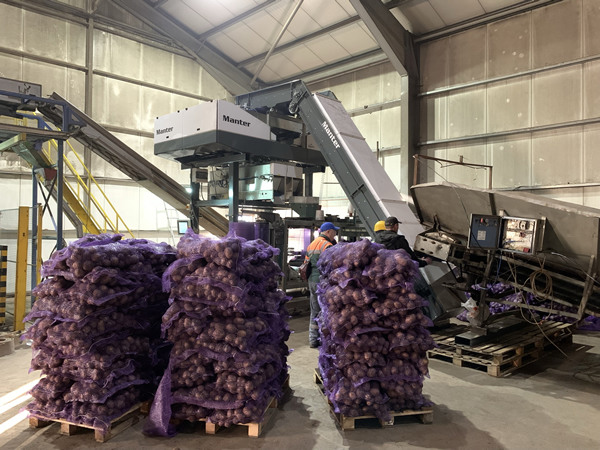 Projects of APH Group in Ukraine, pictured in better times
Projects of APH Group in Ukraine, pictured in better times
Extraordinarily tense
"Russia and  Ukraine are countries where we have worked for years.," says Wytse Oosterbaan, CEO of APH Group. APH exports equipment for the cultivation and processing of potatoes, onions and carrots. They are active in Ukraine and Russia, among other countries. Wytse informs us that the Ukrainian borders are closed, customs are down, customs depots are full and all flights have been cancelled. "Trade in Ukraine is at a standstill and I don't expect this is going to change in the coming weeks."
Ukraine are countries where we have worked for years.," says Wytse Oosterbaan, CEO of APH Group. APH exports equipment for the cultivation and processing of potatoes, onions and carrots. They are active in Ukraine and Russia, among other countries. Wytse informs us that the Ukrainian borders are closed, customs are down, customs depots are full and all flights have been cancelled. "Trade in Ukraine is at a standstill and I don't expect this is going to change in the coming weeks."
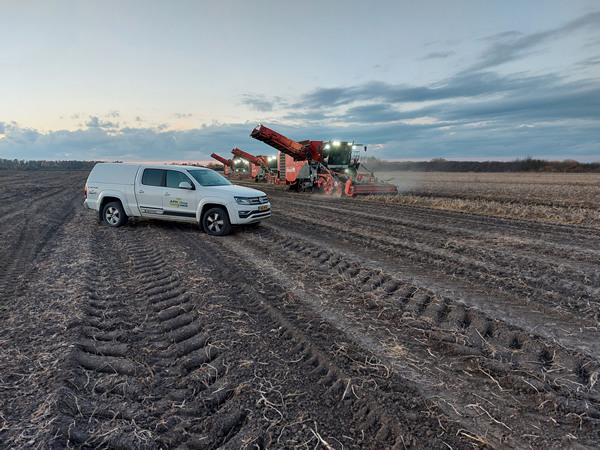
Exchange rates deteriorating
APH itself is stopping its trucks and containers to prevent the trade from ending up at the Ukrainian border. With regard to trade with Russia, he states that that depends on the sanctions that will be imposed and describes the situation as extremely tense. "All Russians will be impacted by those sanctions." The CEO is aware of the fact that the exchange rate of the Ukrainian grivna is deteriorating significantly, as well as that of the ruble. This is why he advises traders with goods that are currently ready for Russia, like flowers, to deliver as soon as possible and settle the bill immediately.
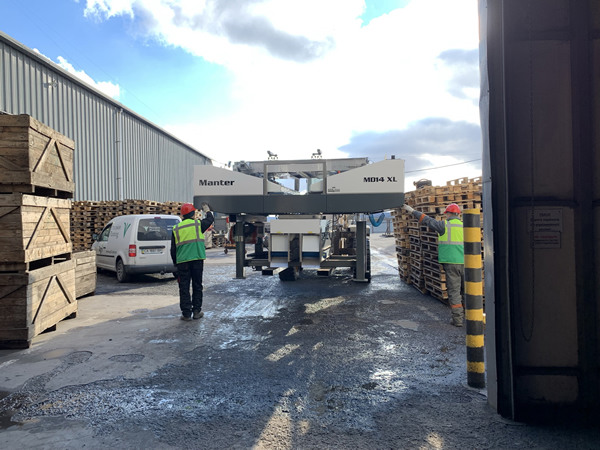
Unreal
"It is difficult and hard to believe this is happening, the whole world is shocked," says Fred Douven CEO of abbGrowers. The company, which is focused on growing, processing, and marketing blueberries, has a far-reaching partnership with Blueberry LLC in Ukraine. Immediately after the news of the Russian invasion, Fred contacted his Ukrainian partners; he says it's hard to talk to people who are just coming out of the shelters. "It is a very unreal and difficult situation for everything and everyone. Just last week, they were in the Netherlands; things were so very different. Nobody expected that an invasion would really take place, and at this pace."
difficult and hard to believe this is happening, the whole world is shocked," says Fred Douven CEO of abbGrowers. The company, which is focused on growing, processing, and marketing blueberries, has a far-reaching partnership with Blueberry LLC in Ukraine. Immediately after the news of the Russian invasion, Fred contacted his Ukrainian partners; he says it's hard to talk to people who are just coming out of the shelters. "It is a very unreal and difficult situation for everything and everyone. Just last week, they were in the Netherlands; things were so very different. Nobody expected that an invasion would really take place, and at this pace."
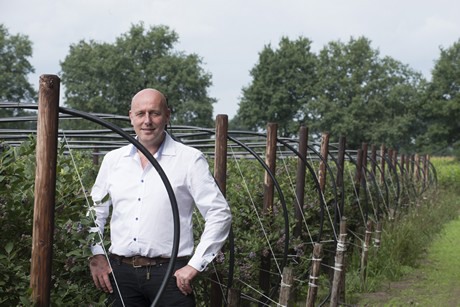 Fred Douven
Fred Douven
Deliveries halted
He says that the last delivery to the supermarkets was made on Thursday morning. In consultation with the Ukrainian partners it was decided to stop deliveries for the time being. Fred expects fruit and vegetables will be able to cross the Ukrainian border, but he foresees that it will be impossible to deliver the berries to the supermarkets. "We have had to stop necessarily. There is no point in sending blueberries at the moment." Nevertheless, Fred is willing to send berries when it is necessary for the food supply. His partners told him that there is hoarding going on in the supermarkets of Kiev.
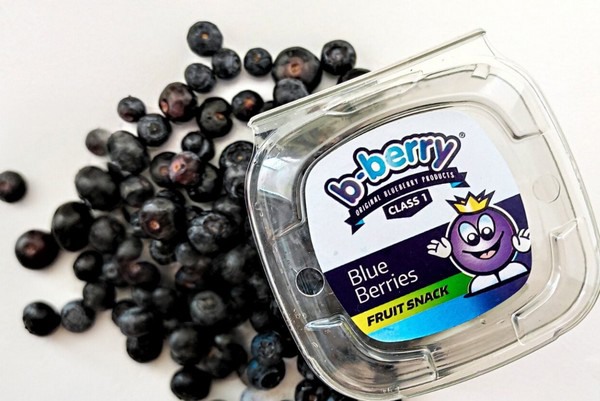
Support, hope, and faith
The project to expand local Ukrainian blueberry cultivation in cooperation with abbGrowers is continuing for the time being, because Fred values being able to offer hope to Ukrainian partners and the possibility to pick up where they left off, provided the situation stabilizes. "Growing plants and planting new varieties; we are keeping these plans alive. It's important to give people support and hope to keep going as long as they can. Hope should never be lost."
Contribution
Although it would be his wish that things could start up again soon, Fred fears, however, that even if the situation stabilizes quickly, it could take six months to a year before everything gets back on its feet. In doing so, he notes that the food sector itself can contribute to this by making products available in due course and being willing to set up a trade. "We will do everything we can to get things going again."
For more information:
Wytse@aph.nl
fred@abbgrowers.com
